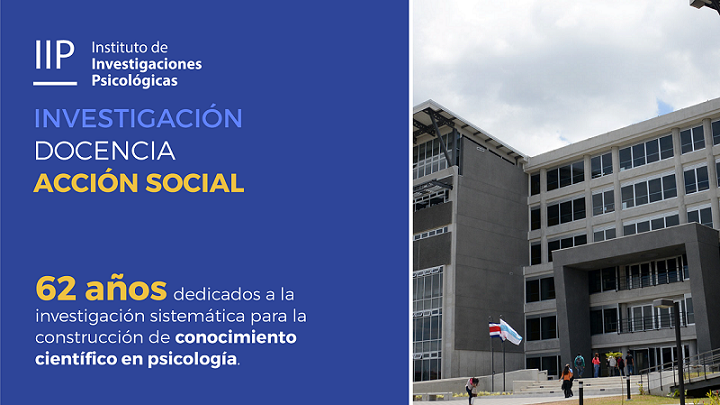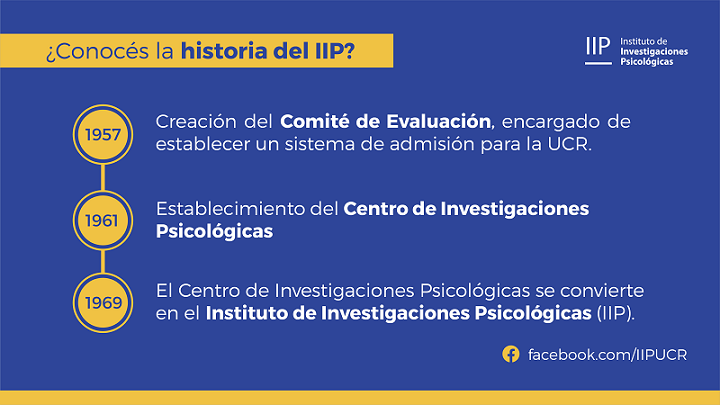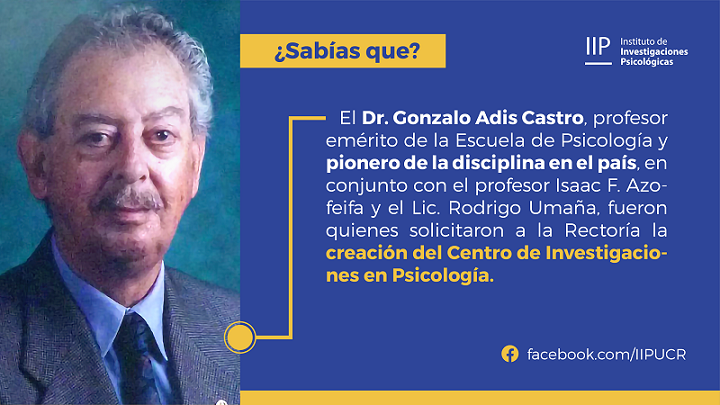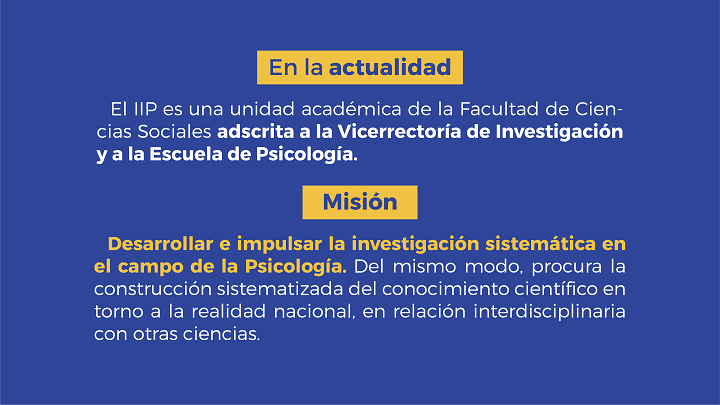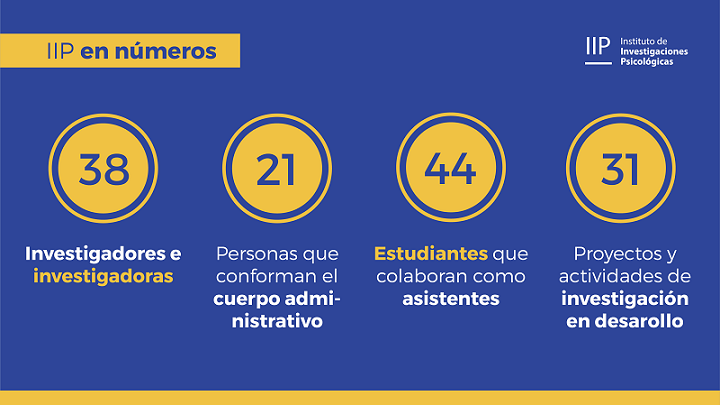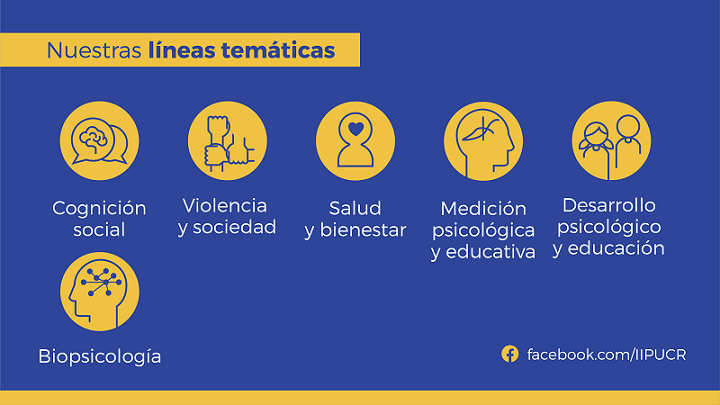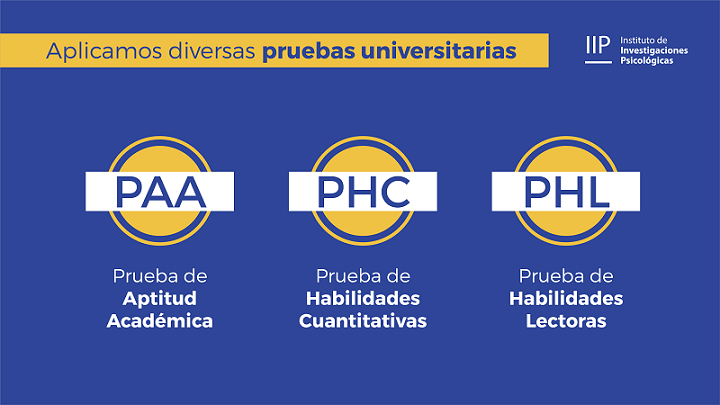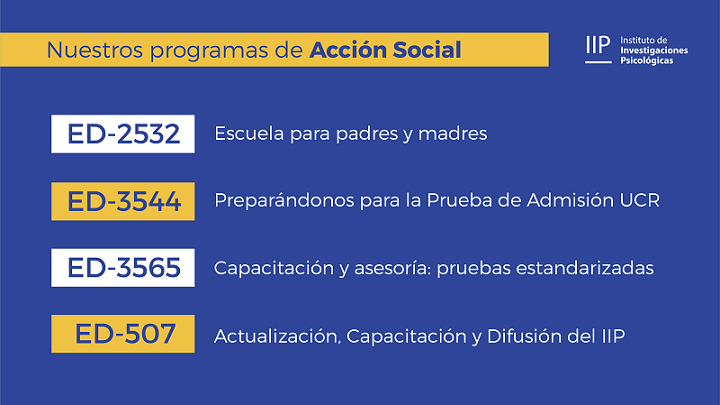- Español
- English
In the 1950s, the University of Costa Rica began to take its first steps. In those years the progressive opening of teaching programs in different areas of knowledge was constant. At the same time, the opening of other programs to meet different university needs made those years a time of innovation.
In this context of innovation, the Evaluation Committee was created in 1957. This Committee was in charge of defining and establishing an admission system for students applying to the University of Costa Rica. The work of the Evaluation Center produced new needs and challenges in the field of research, both in Psychology and in educational measurement. The outstanding researchers that the University of Costa Rica had been concerned with training abroad, were then beginning their return to the country. These pioneering academics, with their effort and desire for innovation, gave new energy to the Committee and allowed it to become, in May 1961, the Center for Psychological Research.
Just eight years later, the achievements of the new Center were recognized at the university level. At the same time, the potential of the Center to contribute to the development of knowledge was recognized, the results of which were put at the service of Costa Rican society. That is why in October 1969, it was decided to convert the Center into an Institute for Psychological Research. In this way, it was given a legal and scientific structure that has allowed it to perform an outstanding work in the field of Psychology, also contributing to the development of the social and human sciences in Costa Rica and Latin America.
Actually, the Institute for Psychological Research is an academic unit of the Faculty of Social Sciences attached to the Vice-rectory for Research. Its fundamental mission is to dedicate itself to systematic research in the field of Psychology. Likewise, it seeks the systematized construction of scientific knowledge about the national reality of Costa Rica, in interdisciplinary relationship with the social sciences.
En los años cincuenta, la Universidad de Costa Rica comenzaba a dar sus primeros pasos. En aquellos años la apertura progresiva de programas de enseñanza en diferentes áreas del conocimiento, era constante. Al mismo tiempo, la apertura de otros programas para atender diferentes necesidades universitarias hicieron de aquellos años una época de innovación.
En ese contexto de innovación fue creado en 1957 el Comité de Evaluación. Este Comité se encargó de definir y establecer un sistema de admisión para los estudiantes que solicitaban ingreso a la Universidad de Costa Rica. El trabajo del Centro de Evaluación produjo nuevas necesidades y desafíos en el campo de la investigación, tanto en Psicología como en medición educativa. Los investigadores destacados que la Universidad de Costa Rica se había preocupado por formar en el extranjero, comenzaban entonces su regreso al país. Estos académicos pioneros, con su esfuerzo y deseos de innovación ofrecieron energías nuevas al Comité y permitieron que se convirtiera, en mayo de 1961, en el Centro de Investigaciones Psicológicas.
Tan solo ocho años después, los logros del nuevo Centro eran reconocidos en el nivel universitario. Al mismo tiempo, se reconocía la potencialidad del Centro para contribuir en el desarrollo del conocimiento, cuyos resultados se pusieran al servicio de la sociedad costarricense. Es por eso que en octubre de 1969, se decidió convertir el Centro en Instituto de Investigaciones Psicológicas. De esta manera se le dió una estructura jurídica y científica que le ha permitido desempeñar una labor destacada en el campo de la Psicología, contribuyendo además al desarrollo de las ciencias sociales y humanas en Costa Rica y en América Latina.
En la actualidad, el Instituto de Investigaciones Psicológicas (IIP) es una unidad académica de la Facultad de Ciencias Sociales adscrita a la Vicerrectoría de Investigación. Su misión fundamental, consiste en dedicarse a la investigación sistemática en el campo de la Psicología. Asimismo, procura la construcción sistematizada del conocimiento científico sobre la realidad nacional de Costa Rica, en relación interdisciplinaria con las ciencias sociales.
